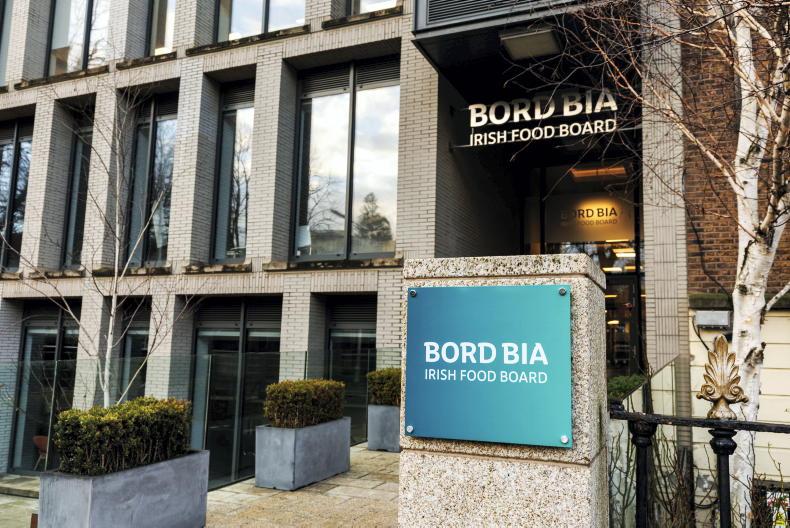Each week, a container of golden Irish eggs from the Nest Box Egg Company wing their way from Castleblaney in Co Monaghan to Abu Dhabi in the United Arab Emirates.
This simple example illustrates the exciting new opportunities which are opening up for Irish food exporters.
The Middle East region, particularly the Gulf states area, is an attractive target for Irish food exporters for a combination of reasons. Strong economic growth fuelled by oil and gas wealth is driving demand for more food. Depleting water reserves are curbing domestic supply.
“They view food differently here – we take it for granted at home,” Gary Sheahan, Glanbia’s general manager for the Middle East and North Africa, explained over coffee in Dubai. Food is strategic here.
Last month, I was fortunate to make my first visit to the Gulf region as part of an Ireland trade mission organised by An Bord Bia and led by the Minister for Agriculture, Food and the Marine, Simon Coveney. The aim was simple – to grow our food trade with the region.
Aidan Cotter of Bord Bia set a target of at least doubling the value of our exports to the region by 2020. Later in the week, Minister Coveney admitted that the target was probably conservative.
Action is under way. Bord Bia is opening a new sales office in Dubai and the Irish Dairy Board (IDB) is investing €20m in a new plant in Riyadh, Saudi Arabia, which will import Irish powder and “recombine” it to make soft white cheeses. Despite only having a population of 27m people, Saudi Arabia is the fifth largest dairy import market in the world.
In 2012, food and drink exports from Ireland to the Middle East were worth €275m. Dairy and dairy ingredients, including infant formula, dominated at 88% of the total. I visited a massive Carrefour outlet an hour from Abu Dhabi in the United Arab Emirates. Two of the small range of formula brands on offer came from Ireland - Nestle (Wyeth) in Askeaton, Co Limerick and Abbott at Cootehill in Co Cavan.
Our dairy products are less visible on the shelves, but Glanbia and IDB are very active in the region. Each year, the IDB sells 18,000 tonnes to the Middle East/North Africa region, which includes the Gulf States and north Africa. This includes mature cheese to customers who sell processed cheese and cheese spreads, and powders to companies that sell condensed milks and other dairy products.
In beef, the Gulf region has re-opened for business from Ireland. We had a strong presence in the Middle East in the pre-BSE days. Returning to those large volumes is unlikely, but for positive reasons – we have found higher value positions across Europe.
Instead, Irish-based firms such as Donald Russell (of which Kepak is a majority shareholder) will target top-end restaurants with a high specification product. Another Irish firm, Ashbourne Meats, is likely to further grow their business in the region, as they are currently strong in supervised Halal slaughter.
Having travelled to China on a previous trade mission, I came from the Gulf region more convinced of the real prospects of immediate trade as opposed to promises.
While it is by no means easy and price competitiveness is essential, the region has a refrigerated food transport network and a declining domestic food production base. There is a massive immigrant population, many familiar with our food products. The population is highly urbanised, with large retailers providing a ready route to market.
Being Irish is not enough. To win in the Gulf region will require price competiveness and absolute consistency in quality – we are competing against the heavyweights of the food exporting world – USA, France, Brazil, New Zealand, Germany and Australia. But we have one great advantage - the rain factor. As Glanbia’s Gary Sheahan neatly put it – “we have lots of something that they don’t have here – H2O – water.”









SHARING OPTIONS